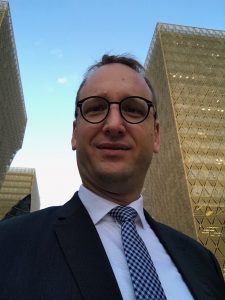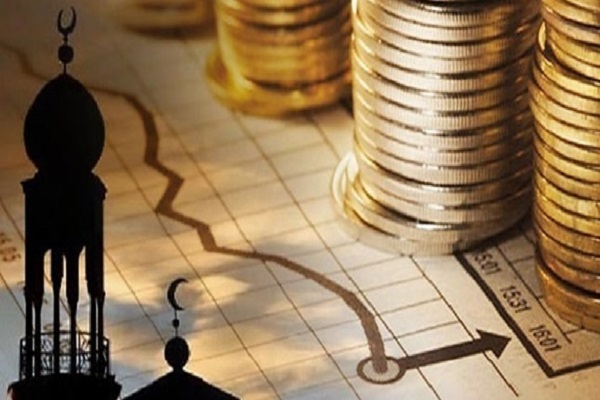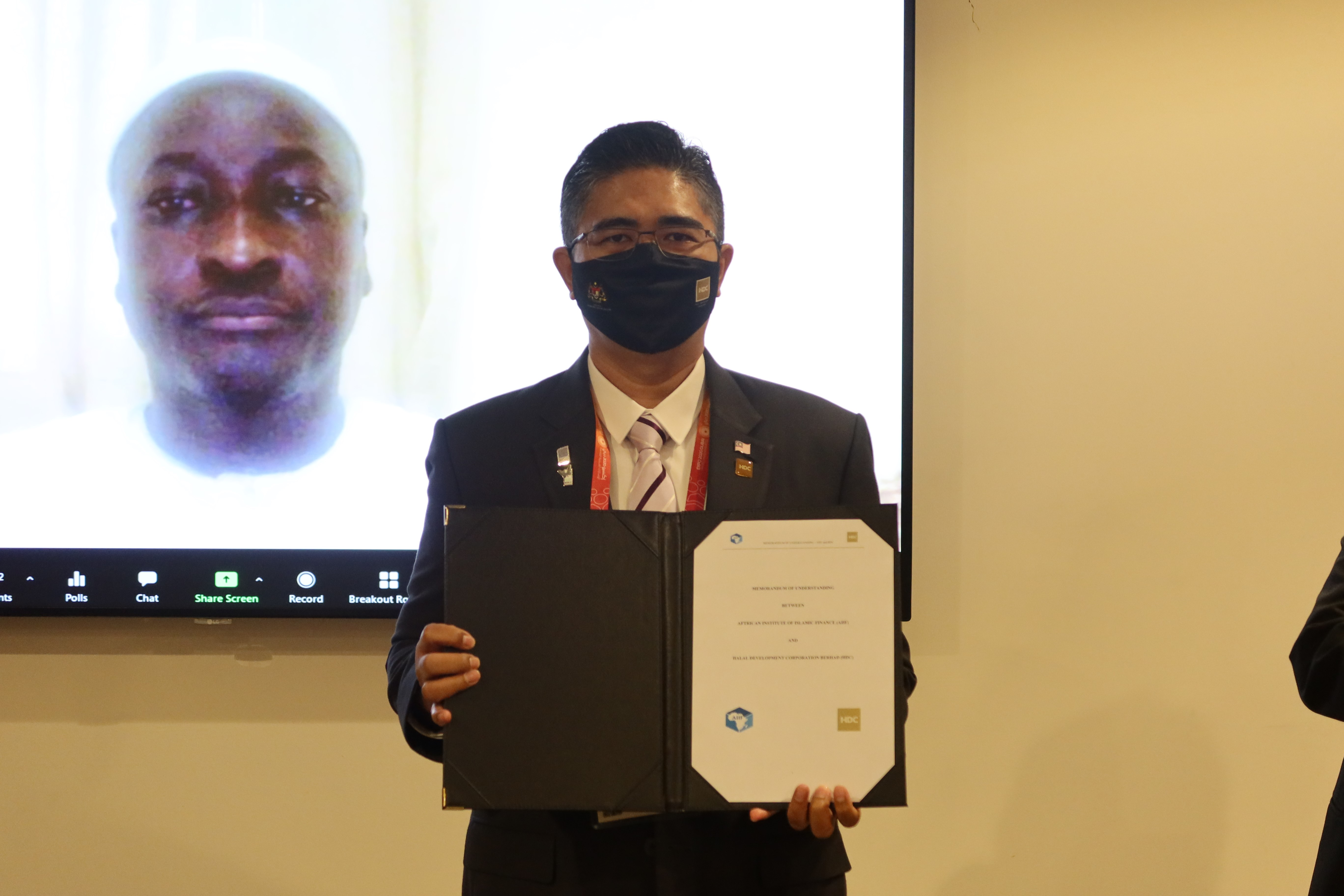Gulf Business
Marketing expert Prof Laurent Marliere considers challenges to make Dubai the hub of the emerging Islamic economy.
What is an Islamic economy?
An Islamic economy is a segment of the global economy, which focuses on Islamic consumers, regardless of location. The fact that large forums like the World Islamic Economic Forum (WIEF) hold their annual gatherings in non-Muslim countries is evidence that the Islamic economy is a worldwide phenomenon. In Asia, people tend to refer to the ‘halal industry’ to describe the Islamic economy.
What is the main challenge of the Islamic economy?
The main challenge is the lack of understanding of the Muslim consumer and their needs. Economic and political actors have clearly understood the potential of the Islamic community of consumers and speak in their name but the reality on the ground is very different.
Why Dubai?
The vision of His Highness Sheikh Mohammed Bin Rashid Al Maktoum, the Vice President and Prime Minister of the UAE and Ruler of Dubai, to transform Dubai into the capital of the Islamic economy has given a different resonance to this fast-growing sector of global economy. Dubai has indeed a row of strengths to take on that status. However, several challenges and weaknesses have to be met and handled carefully.
What are Dubai’s strengths?
The vision. The Islamic economy is one of the most innovative segments of the world’s economy. It still needs to be conceptualised and therefore offers tremendous opportunities for an authority with sound leadership. The fact that this initiative has been launched with enthusiasm at the highest level of the government, gives a strong and credible signal to the world.
The means and faith. Dubai has proved in recent years that it has the capacity to handle financial challenges and great infrastructure projects. If the vision is backed by the righteous means both in terms of finance and knowledge, the rise of Dubai as key player of the sector can be achieved. International macro financial institutions like the Islamic Development Bank (IDB) or the World Bank should step into the project.
The geography. The world map is no longer focused on the Atlantic or the link between the US and Europe. The new planisphere is focused on the Pacific and makes Dubai a potential regional capital, a metropolis of Asia and, perhaps even the business capital of Africa, which fails to develop a secure centre. The geo-economics of Dubai makes it more accessible than Malaysia from Europe and easily reachable to the Muslim populations of Africa, the Levant, the GCC and Asia.
The business culture. The Islamic economy does not solely belong to Muslims. It is a universal industry segment. Dubai has managed to combine an Eastern and Western cosmopolitan culture, which makes it easier to carry out business and trade than in other neighbouring countries.
The rule of law. The legal and judiciary systems in Dubai guarantee the necessary security for business and FDI.
The blank page. Starting from scratch is a strength: everything can be invented! However, it would be unwise to simply mimic what others have done. Merely copying what Malaysia has done is unrealistic because the Malaysian model, although a great lesson to the world, is not a complete success since it has not managed to conquer more than a regional space. It has failed to become global.
Tax incentives. To become a capital, Dubai is going to need to attract new companies, corporations and investors to its soil. Tax can play a decisive role. Dubai authorities may underestimate that factor, as it appears exotic to their local daily life. However, tax pressures in the West are climbing at the same time as traditional tax havens are under scrutiny and pressured by strong political and legal measures, mainly issued by the US and the UK (Fatca legislations, etc.), whose citizens are heavy users.
In most off-shore jurisdictions, one only finds a tax haven and a beach haven. In Dubai, you find a tax haven, a beach haven and a trade haven – a real added value for many Western corporations willing to relocate.
Professional services. The development of the Islamic economy will require support services of high standards which are available in numbers in Dubai, such as law firms, audit and accounting services, banks, certificatory bodies and brokers.
Dubai can use the professional services firms’ home networks and client portfolios to facilitate the relocations of their clients to the Dubai International Financial Centre (DIFC) and elsewhere.
What are Dubai’s challenges?
Gadgetisation. A short-term or even mid-term view is problematic.
If the sole aim is to make Dubai a nice-looking fiancée to present at the WIEF in October then you risk building on sand instead of concrete. The project deserves, and requires, a long-term plan based on pillars that will explain what the Islamic economy will be in 10 or 20 years. A myopic short-term plan to simply state that “we are the capital” is not enough. A careful strategic analysis on how to sustain this leadership position needs to be implemented.
Duplicating the mistakes of the Islamic finance industry.
Islamic finance is a mix of money and regulations. It should be a mix of money, marketing and fewer regulations. It is likely that the Islamic economy embarks on a similar journey, where simple things are made complicated by regulators, lawyers and scholars, carrying away the one who should be the real beneficiary of the Islamic economy: the consumer.
The Islamic financial industry is struggling with its products and needs some clearly-defined directions, or strong recommendations, to address major issues: its growth and profitability.
Dubai should learn from the mistakes of the Islamic finance industry and launch a smarter paradigm.
Customer is mufti. I have addressed this fundamental issue before: the Islamic economy cannot be based on what regulators see fit, but on the needs expressed by consumers. We will see the rise of Islamic consumerism, which will shape the halal industry and the Islamic economy.
Global scale. The Islamic economy goes beyond Islamic countries. It is a de facto global endeavour, as most suppliers to the Islamic markets are based in the West. Besides (although it should not be overestimated) the relevance of halal products can be attractive to non-Muslim consumers.
There are four market “circles” to consider:
Circle 1 is the worldwide market of suppliers and buyers.
Circle 2 is the Islamic markets of suppliers and buyers.
Circle 3 is the GCC.
Circle 4 is the UAE.
Looking only at circles 3 and 4 would be shortsighted.
Cultural heterogeneity. Becoming a global economic capital implies that you have a hinterland. Up to 65 per cent of Muslims are Asians. Dubai is an Arabic market. Islam unites them, but Muslims differ in their economic behaviour according to their cultural origin. In order to tap into the substantial Asian markets, Dubai will need to submit a tailor-made offer to that market or play the card of universality.
Missing out on useful sectors. Based on the report provided by Thomson Reuters, which strongly influences the Dubai authorities, seven strategic sectors have been chosen. I personally think that the Islamic economy is much broader than these sectors and that it is too limiting to restrict it to those chapters. Although relevant, these seven sectors exclude other key areas, which make up the Islamic industry.
If it is an economic choice to limit Dubai’s area of influence to these sectors, then it is a strategic choice and, although questionable, it is conceivable. But from a scientific point of view, what I call the “halalisation” of the industry will imply far more dimensions which should not be ignored.
Fragmentation. The sectors of the Islamic economy belong to a unit, which is the set of values behind it and the market it addresses. Separating them and running them independently of each other is unwise.
Education. Succeeding in the Islamic economy implies success in the academic sector. One should not confuse information and education. Dubai can buy or attract all necessary information and data suppliers to its soil, but building a first-class academic system is a very different story. These universities or business schools provide an elite who can manage the different chapters of the industry. They provide in-depth and long-term strategic thinking and development of products that cannot necessarily be provided by commercially-minded information suppliers.
The Islamic economy needs to be built. This requires content, which in turn requires strong academic relays. Building such an education system will not happen in three years.
Sheikh-size bed. Dubai has proved that it can see BIG. It has to create the standard in the Islamic economy and invent a new paradigm in the halal industry. A ‘Sheikh-size bed’ must be bigger than a ‘King-size bed! If Dubai becomes the world capital of the Islamic economy than it can become the world capital of Islamic finance, not the other way around.
Execution. Clearly, Dubai has set an exciting and challenging mandate for itself. Success for Dubai will raise the performance bar across the Islamic markets internationally. The primary risk however will remain the execution and implementation of a great theoretical challenge.
Laurent Marliere is the London-based CEO of ISFIN, a worldwide advisory present in 65 countries and focusing on the Islamic markets.




